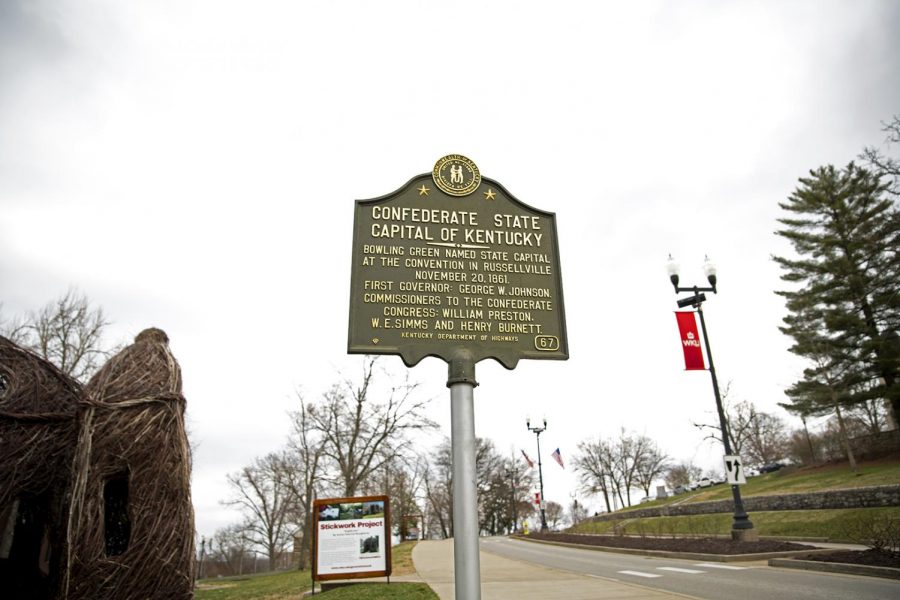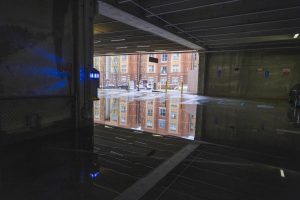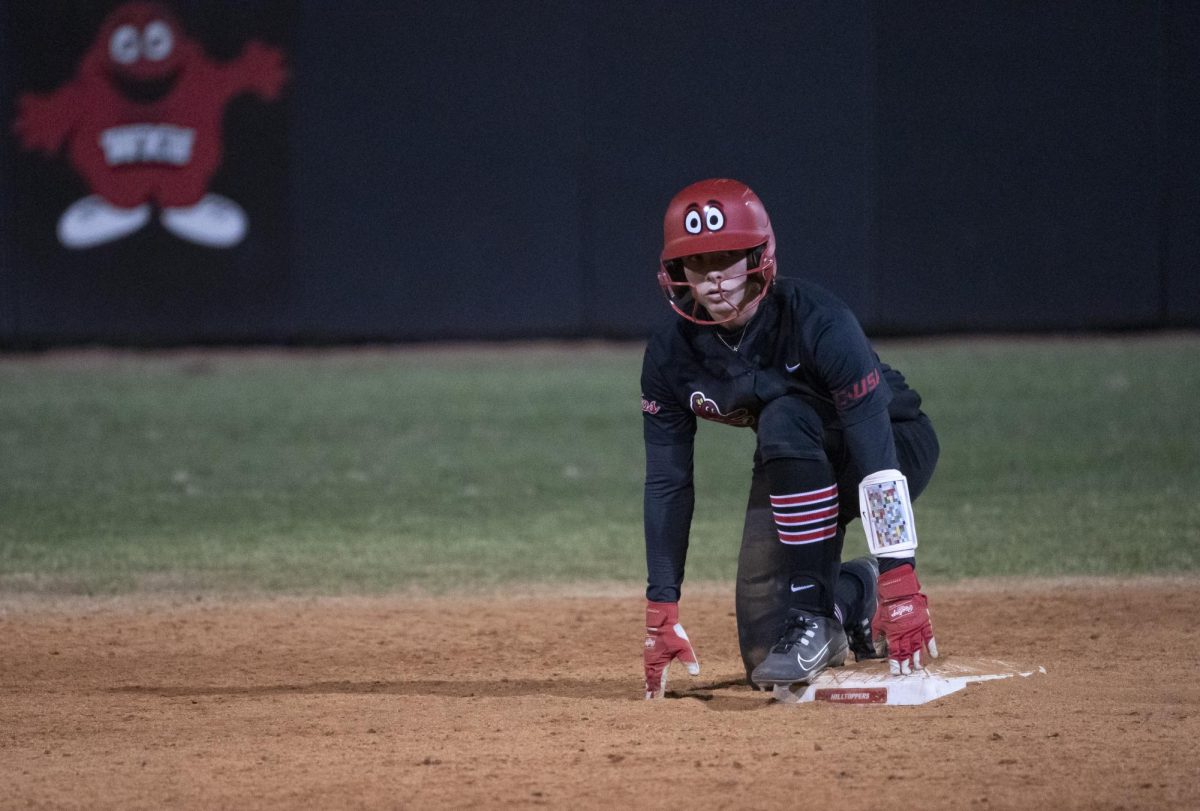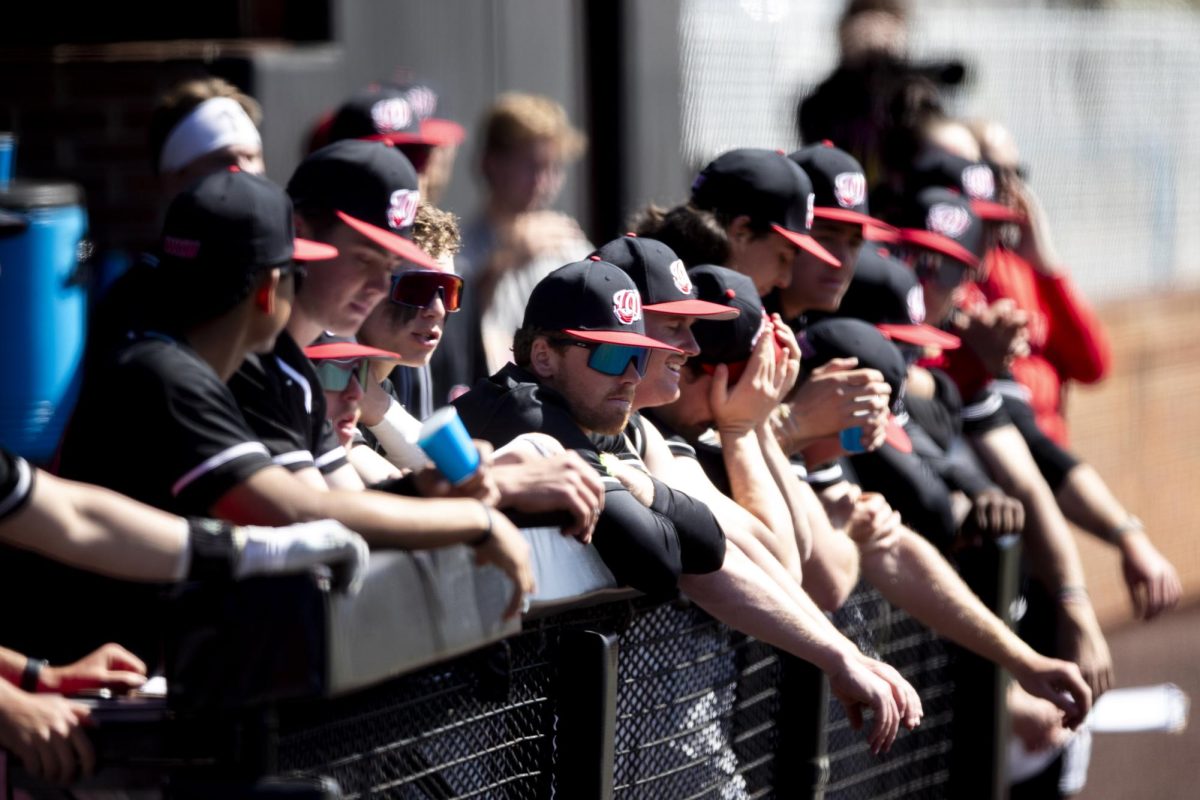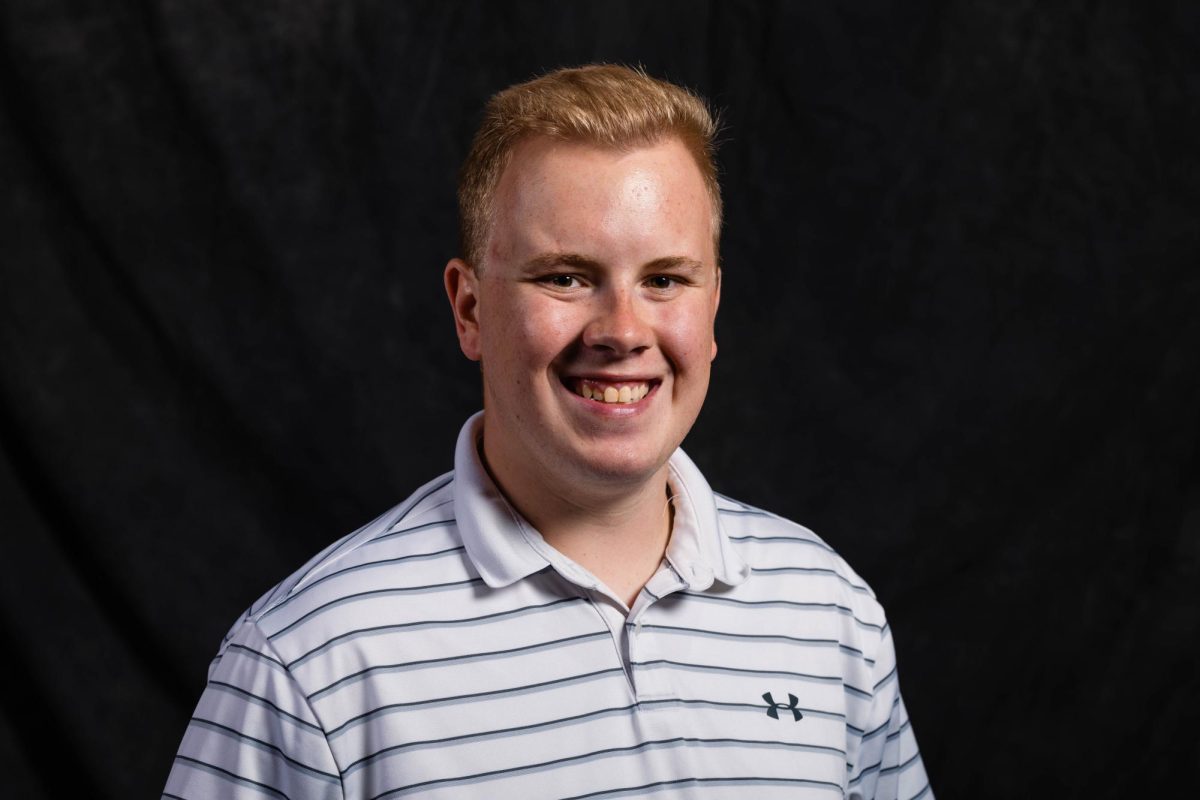Committee to address WKU symbols, building names linked to racism
August 21, 2020
A WKU committee is being formed to address the names of buildings and symbols across campus which have ties to a legacy of racism, according to a Friday email from President Tim Caboni. This includes the removal of a Confederate marker on campus which has been subject of conversation since February 2019.
Caboni said the Kentucky Historical Society agreed that the marker’s placement is out of historical context, and the marker has been “removed and placed in storage until KHS can designate a contextually-appropriate location.”
“At WKU, we have affirmed our commitment to do more to ensure we live in a world that is more fair, just and equitable for all,” Caboni said.
A “task force” has been established to thoroughly examine the history of WKU’s namings and explore options to address those that might be problematic, Caboni wrote in the email. This committee will be separate from WKU’s Diversity, Equity and Inclusion Work Group.
Caboni said that the names carved into our buildings and attached to our academic units “should define for members of our community the best of what we have been, what we are, and what we aspire to be.”
There has recently been discussion over two WKU namesakes, Potter and Ogden.
The new task force will seek out input and perspectives from “a broad range of constituencies and stakeholders” to help guide the university in thinking about the origins of names and symbols used across campus. The names used on buildings will undergo auditing to determine which may be connected to “exclusion, segregation, racism or slavery”.
Additionally, the group will create a set of guiding principles and a variety of options for how WKU should address any issues raised. They will also provide a set of recommendations.
“This will require difficult and challenging conversations,” Caboni said. “But the effort is vital as we consider the ways in which we welcome and support every member of the community.”
This fall, the DEI Work Group will host a series of Deliberative Dialogues to hold conversations about systemic racism, Caboni said. The Dialogues will be open to the entire campus community.

